We had a delight to organise The VET Teachers for the Future -Programme’s Graduation seminar, together with our Brazilian partners, last December (6.-8.12. 2016) in Maceió, Brazil. The Seminar was a celebration of 21st century learning and successful networking between Finland and Brazil in teacher education. The co-operation continues this year with new initiatives.
HAMK School of Professional Teacher Education together with TAMK
Häme University of Applied Sciences (HAMK) has coordinated The VET Teachers for the Future -Programme since 2014 together with its partner Tampere University of Applied Sciences (TAMK). We have implemented the programme altogether three times now. One training lasts about 7-9 months including study sections both in Finnish and in Brazilian learning environments. The programme scores 30 credits.
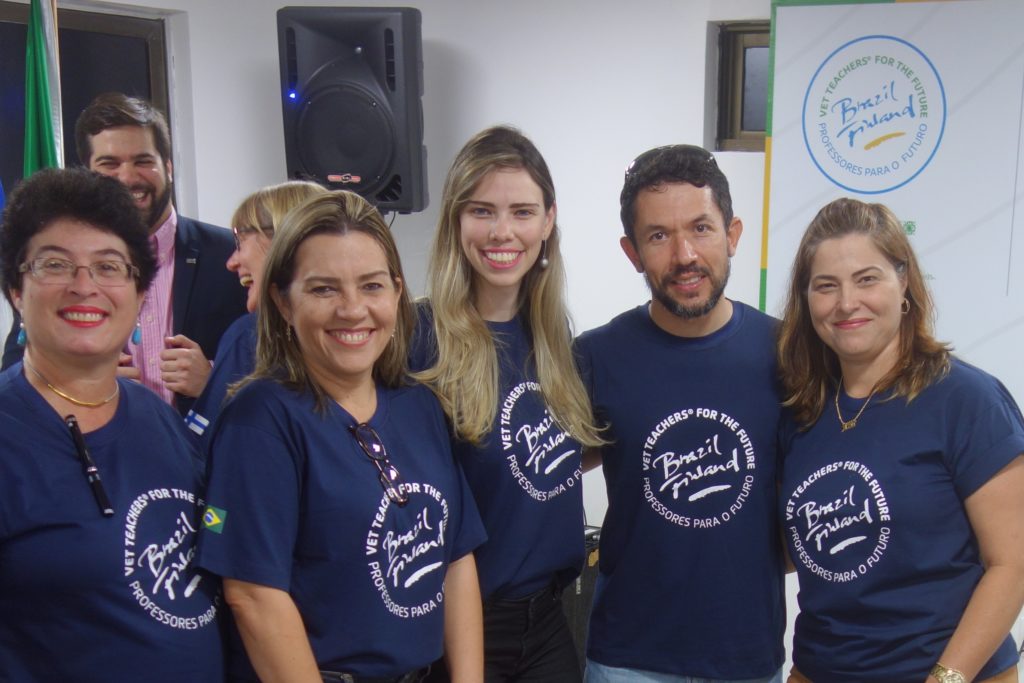
Competency-based education and practical development work
Our goal in The VET Teachers for the Future -programme is to encourage the participants to collaboratively rethink and design innovative education and learning environments to respond to their on-going regional and future challenges. The main contents of the program include competency-based education with 21st century skills and cooperation between universities and the world of work. Also managing educational change and digitalization in education are important themes. The teacher students create and implement an individual or a shared development project during the training. The projects include a wide spectrum of inventions from the scientific research to high tech and social innovations, for example, new digital tools and games for education, school management models, new pedagogical practices and training programmes as well as solutions for learning differences and prevention of social exclusion. See articles of the development work from here and descriptions in English and in Portuguese from here. More publications are coming.
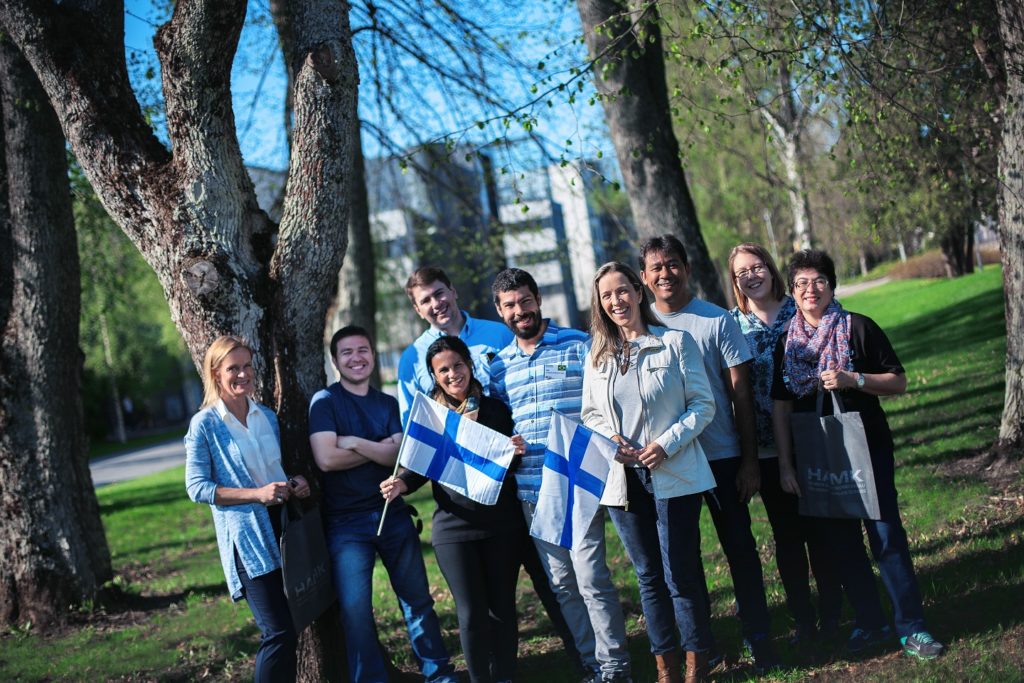
Several disciplines and sciences included
There has been over 100 teachers graduating from the programme so far, and thousands of students and teacher colleagues has been contributed to regional development work in Brazil. The programme participants represent several disciplines and sciences, for example biotechnology, agricultural engineering, agronomy, computer science, chemistry, mathematics, linguistics, educational sciences and business administration. The teachers work in the Federal Institutes in Brazil, which are institutions for higher, basic and professional education specialized in offering vocational and technological education. The goal of the Federal Institutes is to answer to the social and economic demands of the regions by using applied research to boost innovations and the local development.
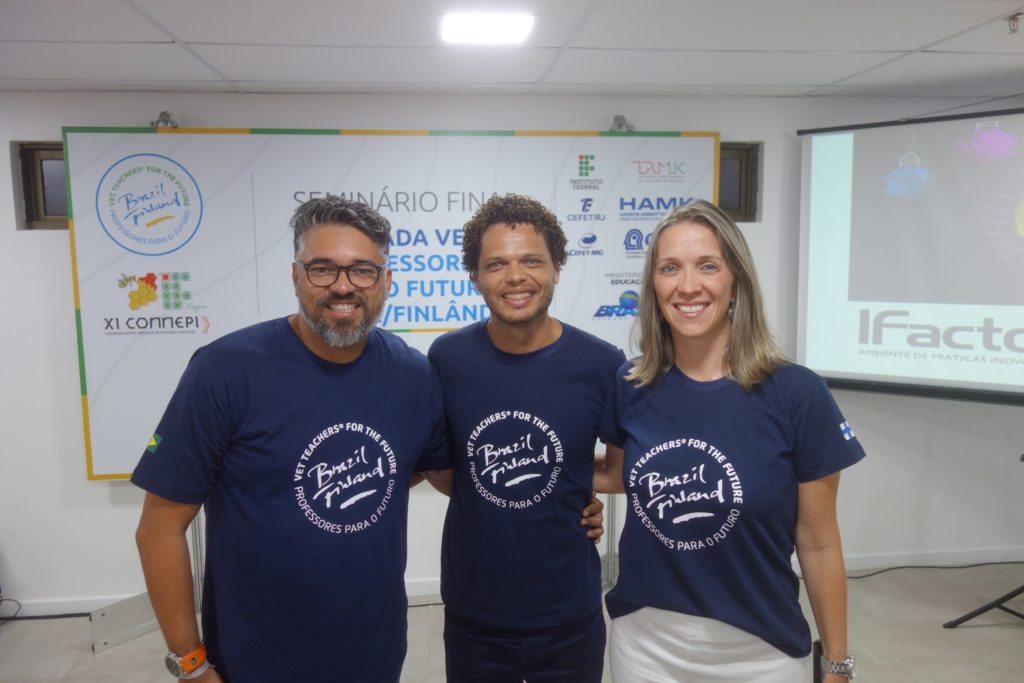
Finnish-Brazilian network of educational expertise is evolving
We have recognized that there are many similar challenges globally in terms of developing teachers’ competence to apply educational innovations. Finnish and Brazilian educators have lots’ of shared interests, challenges and aims. Teachers need to be continuous learners, co-creators and change agents in their learning and working context. The integration of new theoretical, practical, and sociocultural knowledge is essential – this means learning by doing, experimenting and making learning visible. During these years Brazilian and Finnish educators have created an active and evolving network of experiments and expertise. This self-organizing network produces constantly new initiatives, research projects and collaboration.
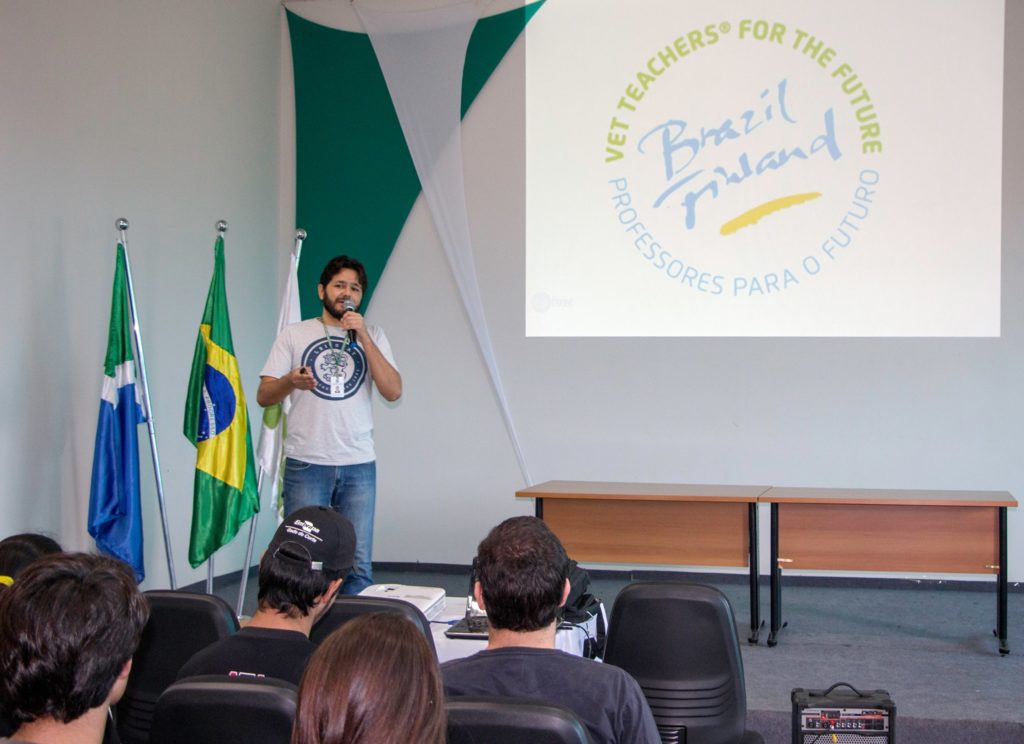
Research-based teacher education
We have developed the pedagogical concept of the programme in the close Finnish-Brazilian dialogue and by doing research. The starting point for planning and implementation has always been our Brazilian partners’ insights of transformative and sustainable education in the social and economic demands. The feedback gathering and research process has been agile, iterative and open. We have experimented several research approaches in the process, such as narrative method, action research and design-based research, for acquiring rich data and knowledge of the process. However, our joint working itself has taught us the best methods and approaches to the co-operation. We have learned to speak the same language and contribute to the process as equal and engaged partners. More of the research can be found from the HAMK Global Education R&D’s website.
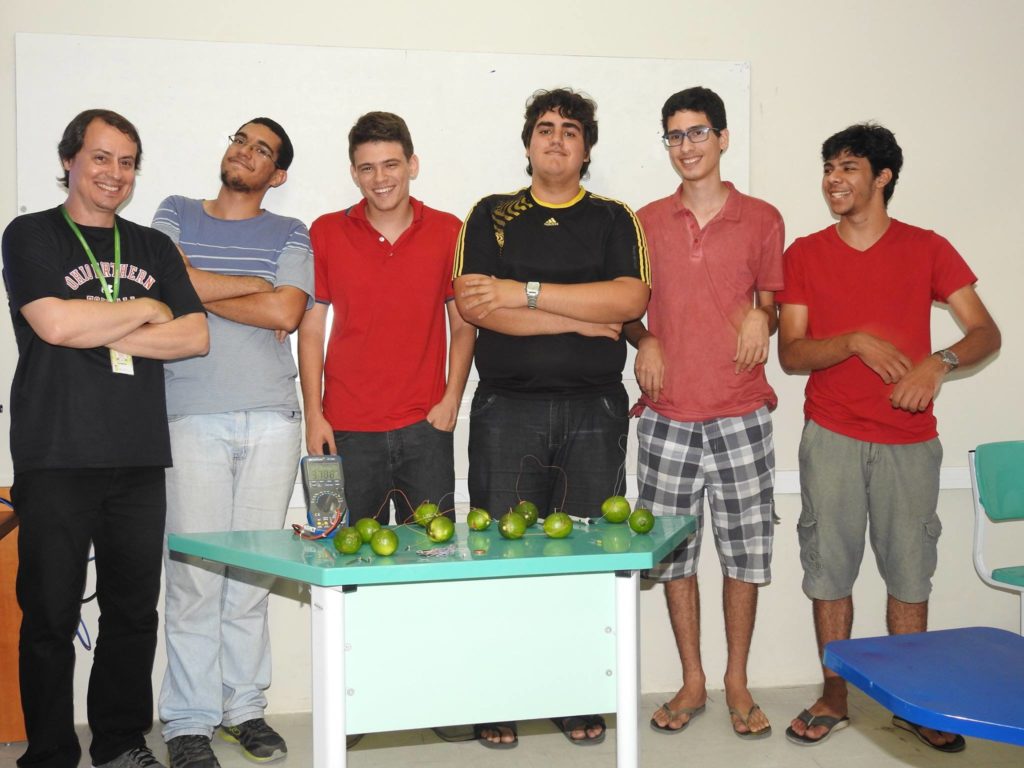
The Graduation Seminar in Maceió – together for the future
The graduating teachers presented their development projects and demonstrated new competences in several participatory workshops in the Graduation seminar in Maceió. The seminar was open for all interested and the presenters were challenged to offer something new, creative and engaging instead of traditional presentation giving in their project demonstrations. We had a great joy to join in many activating and inspiring sessions full of fresh ideas, digistreaming, games, multimedia, music and play. The audience was impressed of the evidence-based learning results and innovations with impacts. We concluded the seminar with future planning. There’s still much to do, but education is a wonderful journey, not a race.
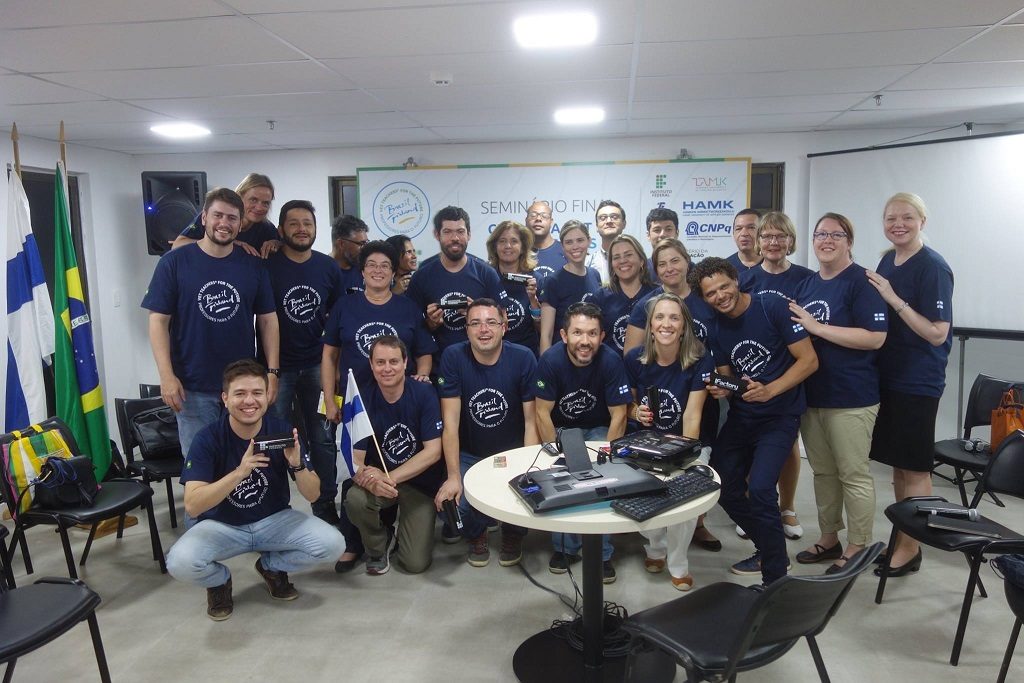
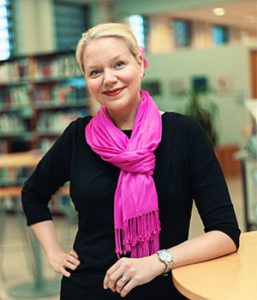
Essi Ryymin
Principal Lecturer, R&D Manager
School of Professional Teacher Education
Häme University of Applied Sciences
Photo Gallery (see more)
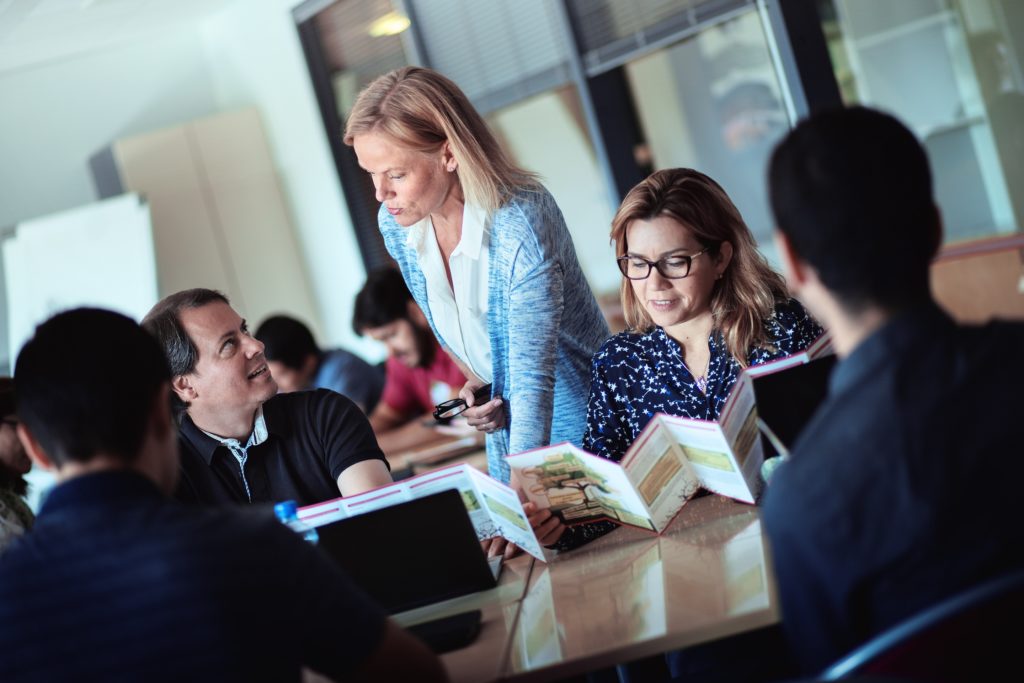
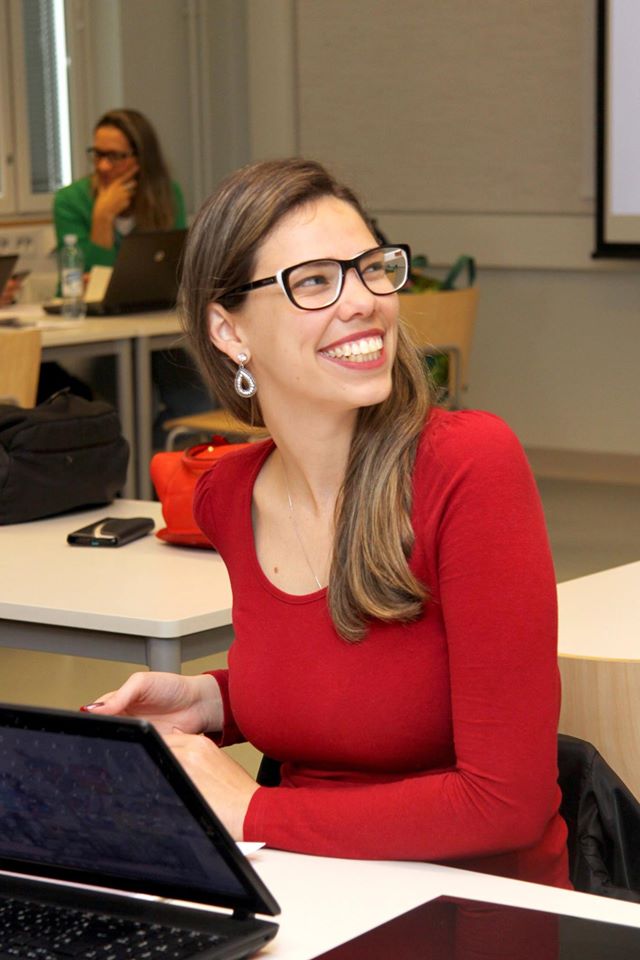
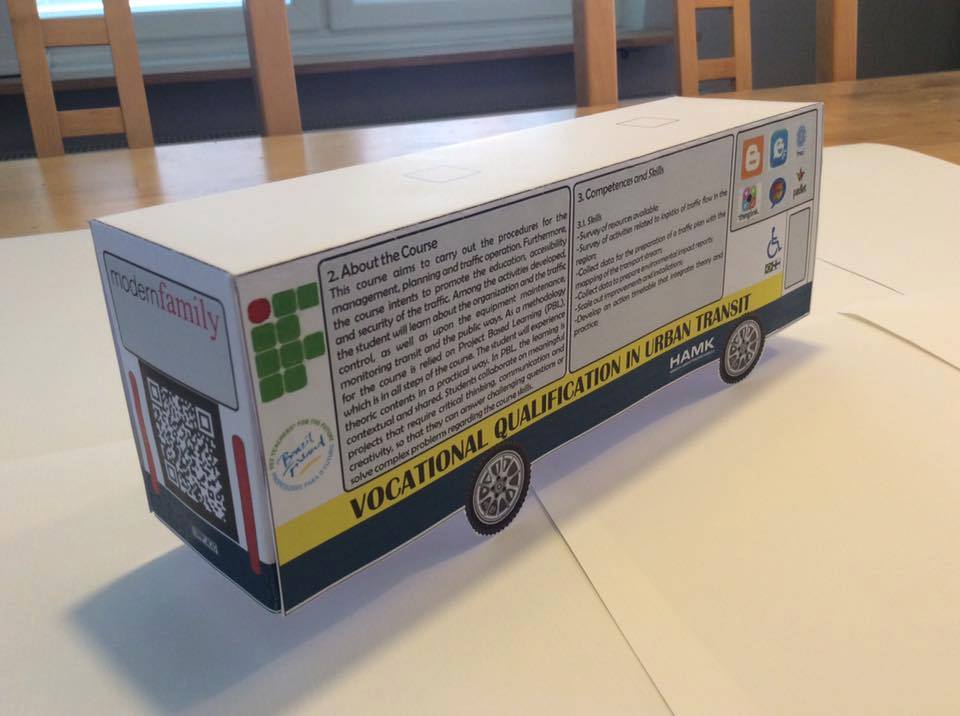
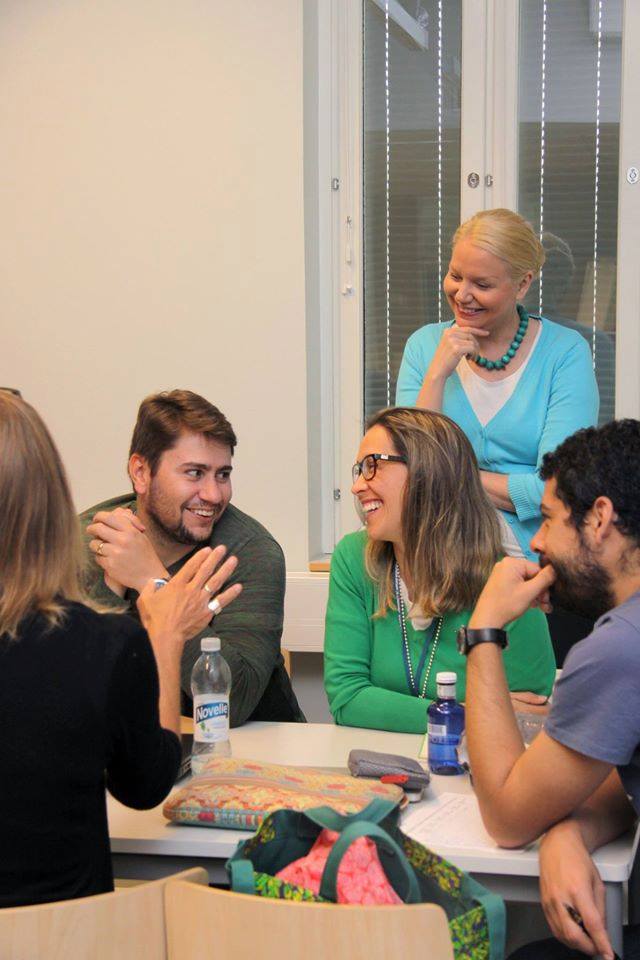
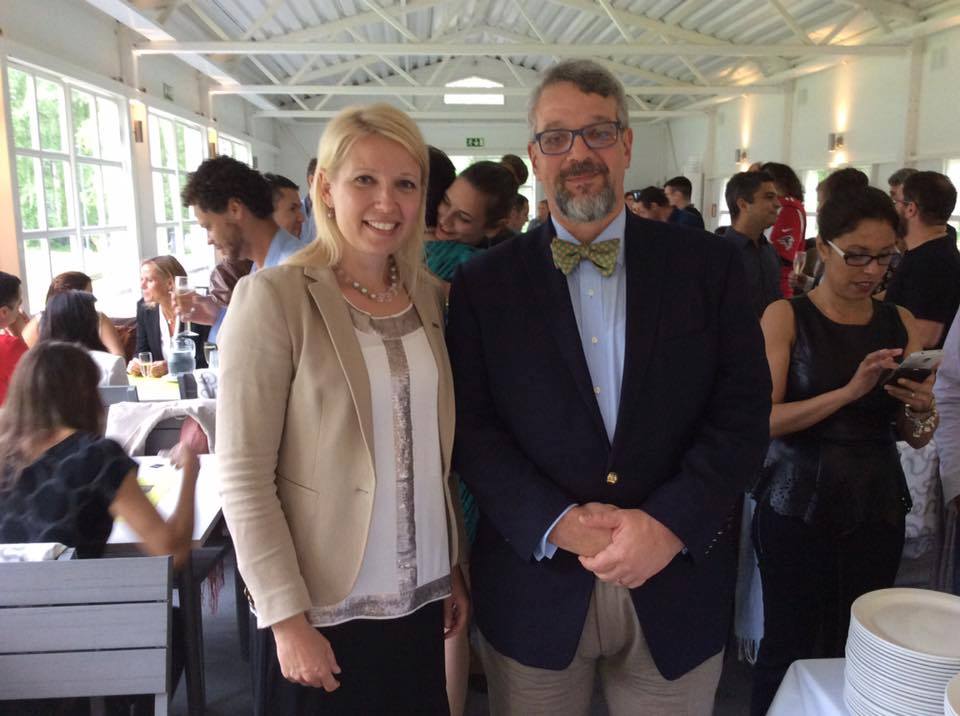
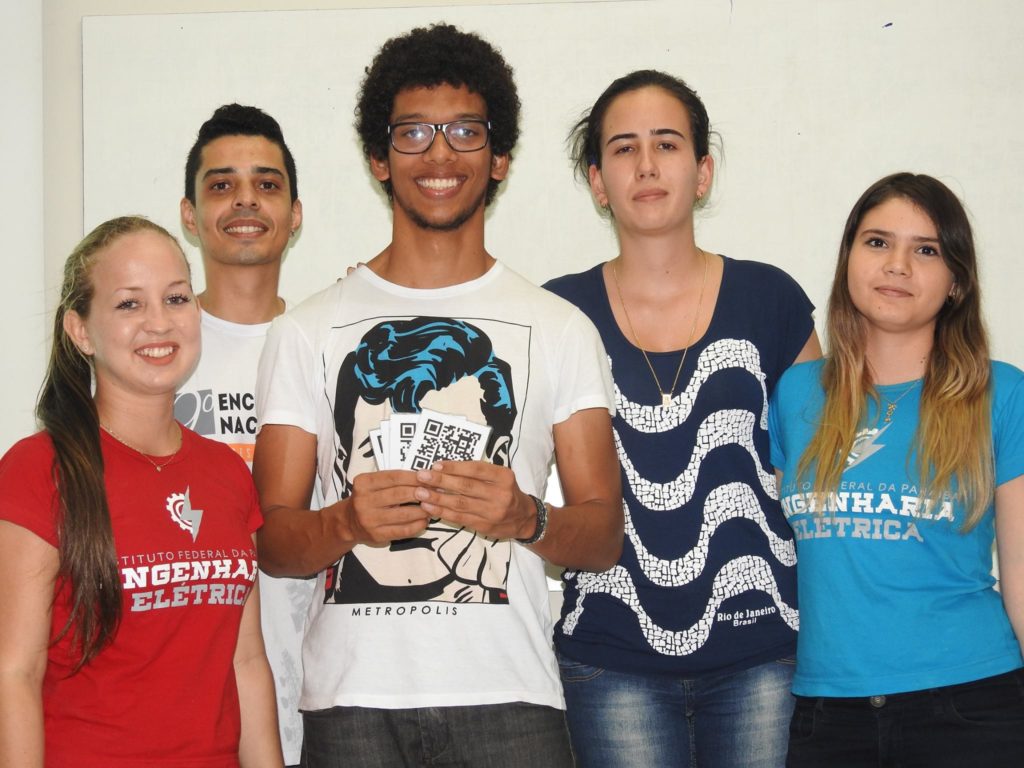
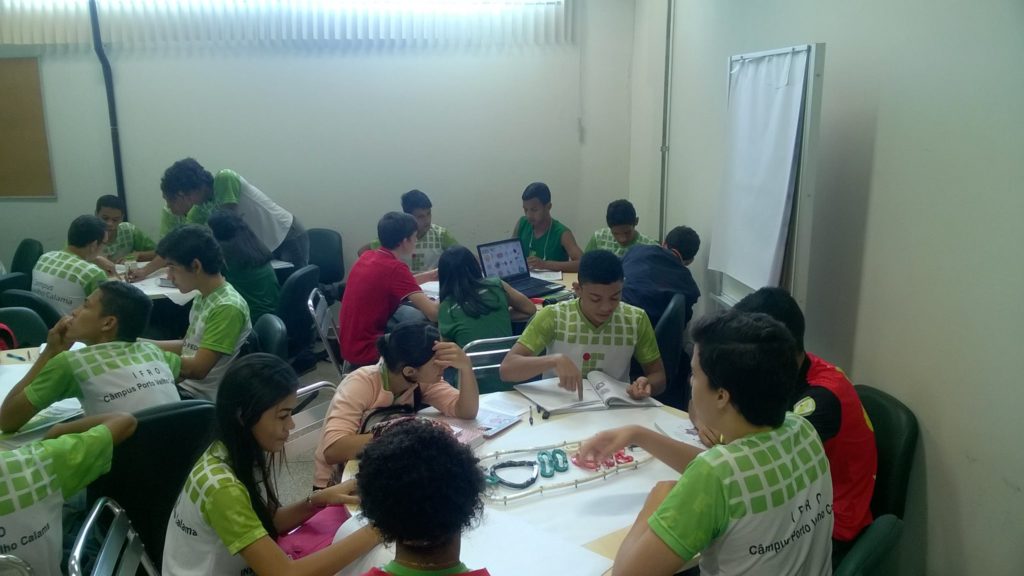
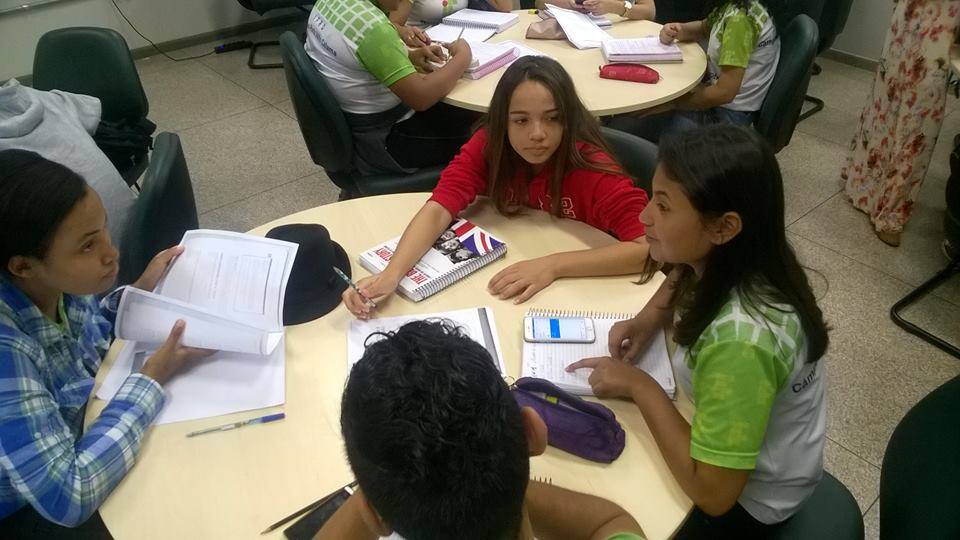
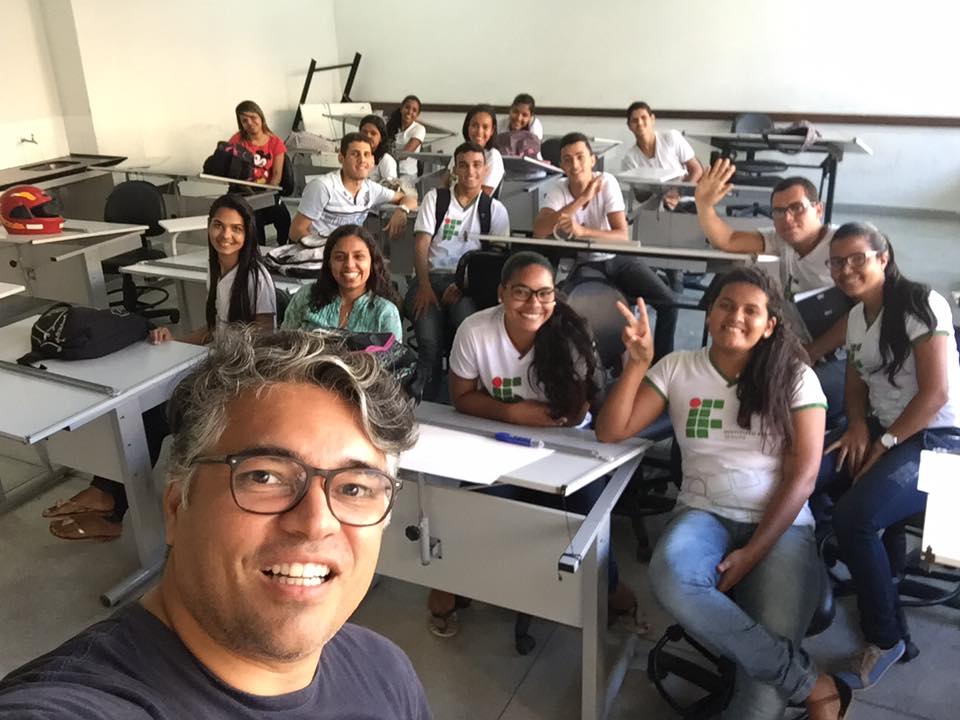
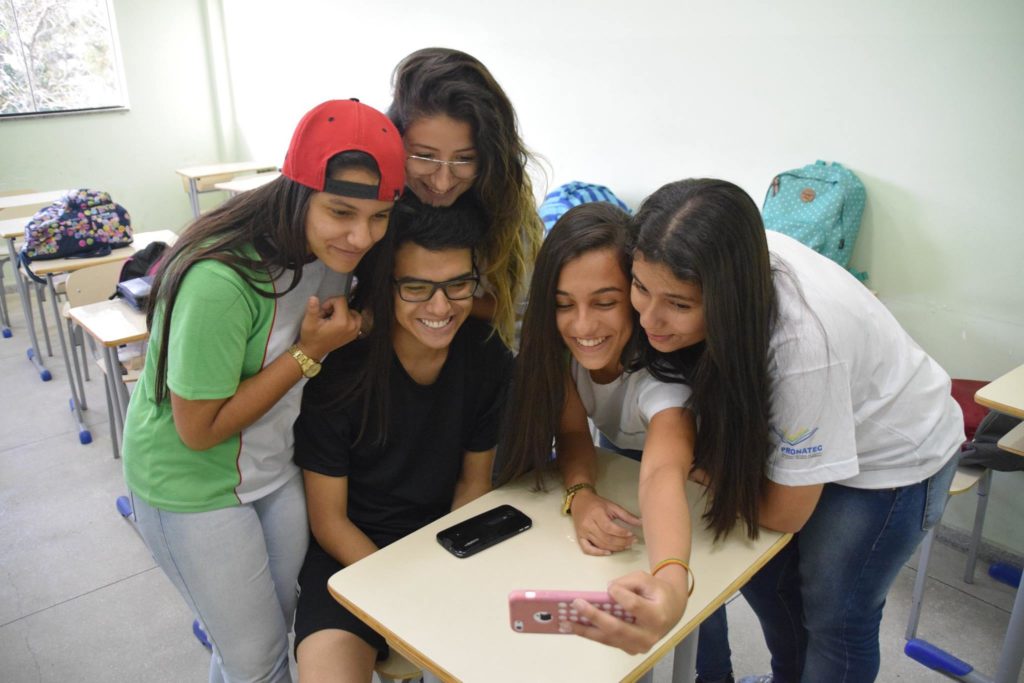
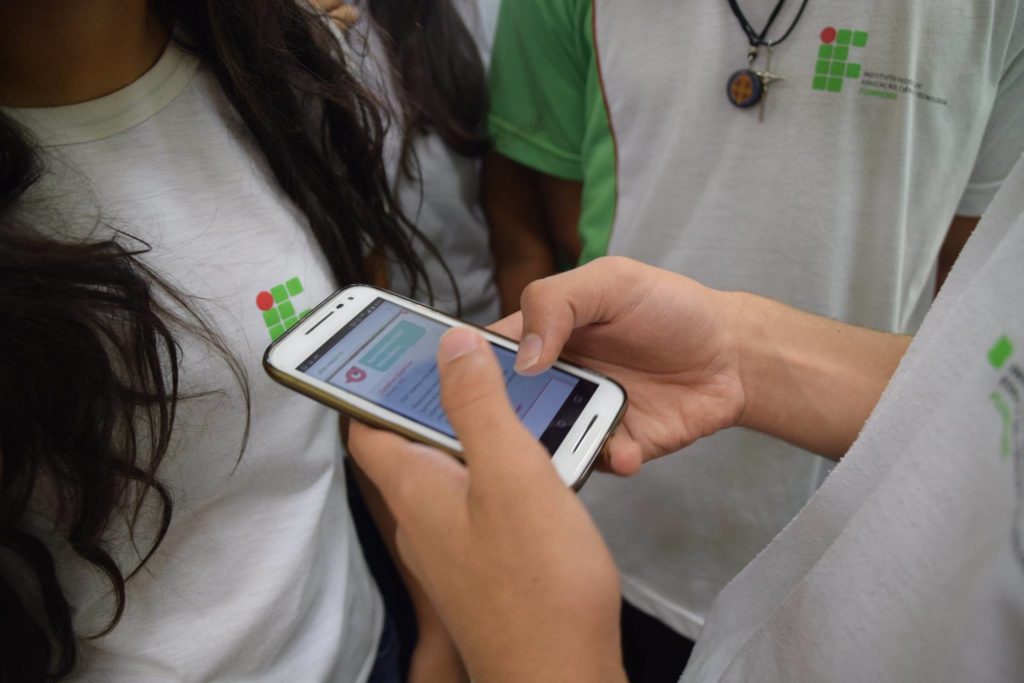
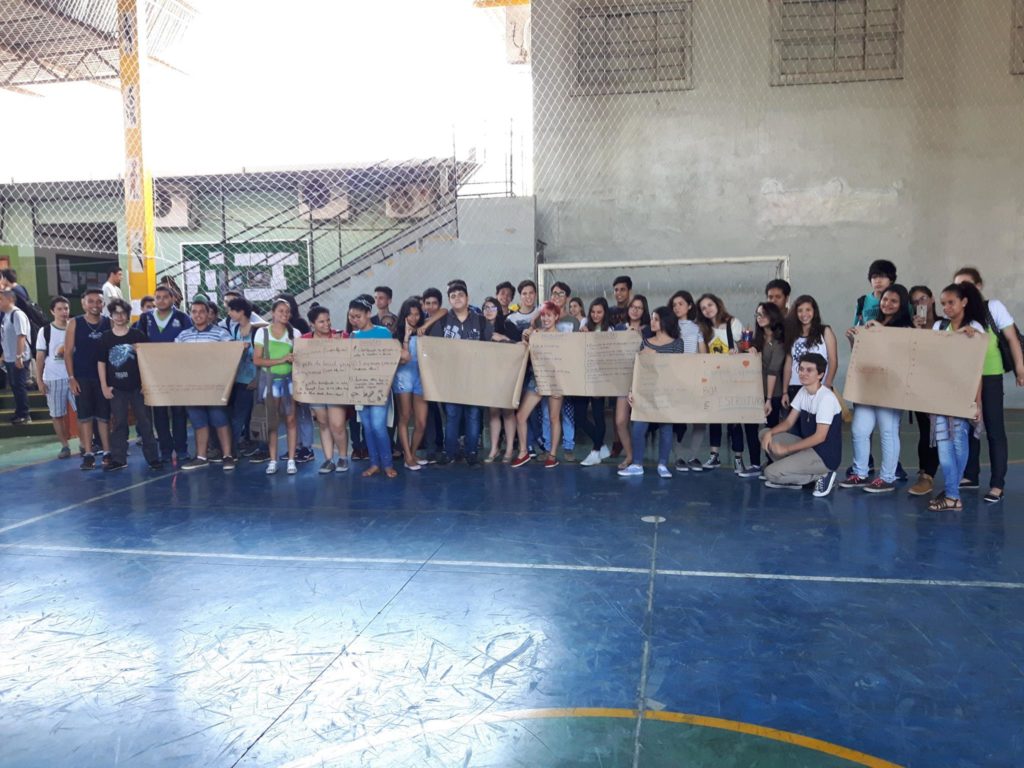
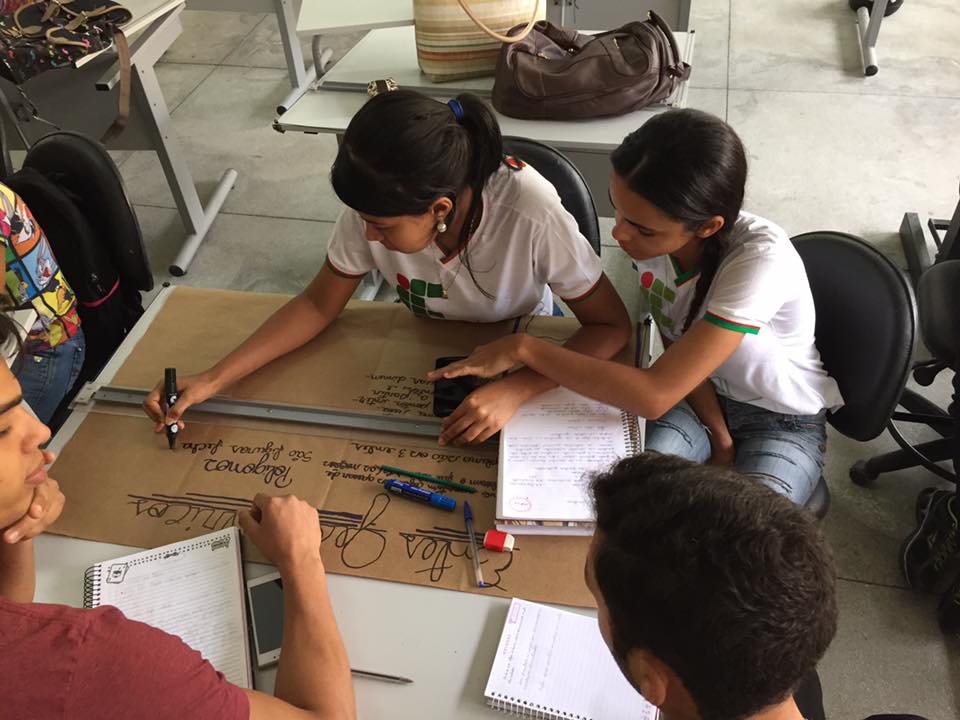
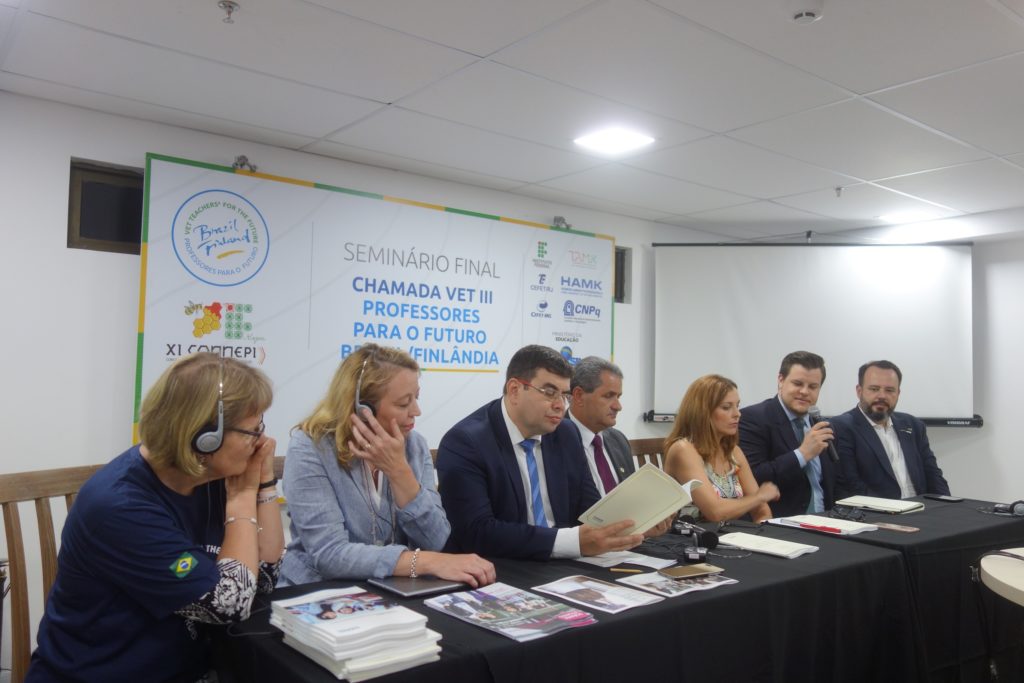
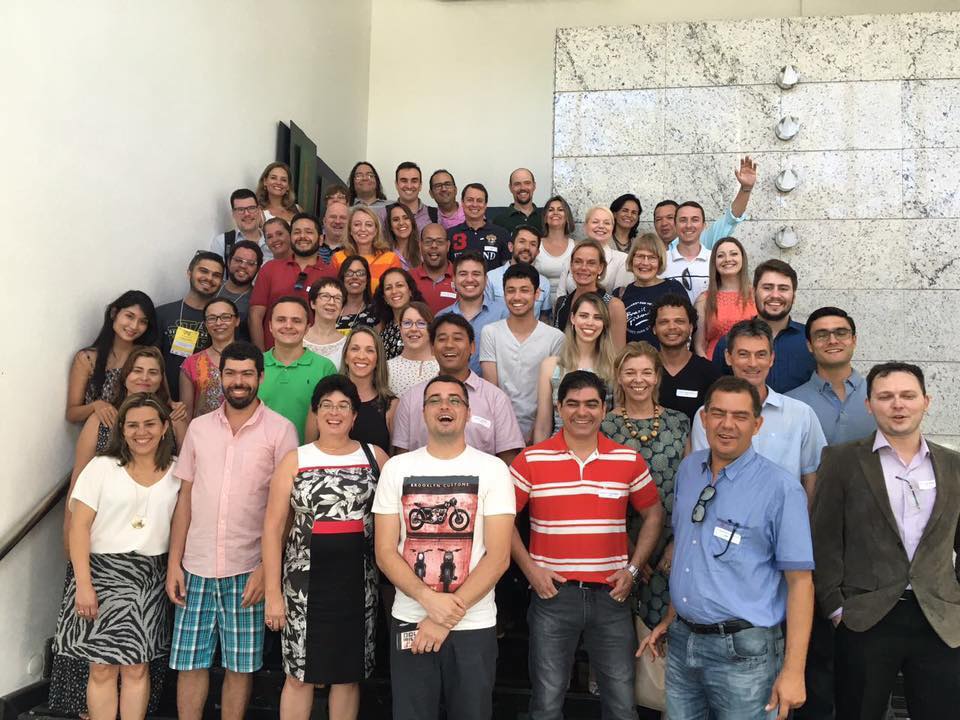


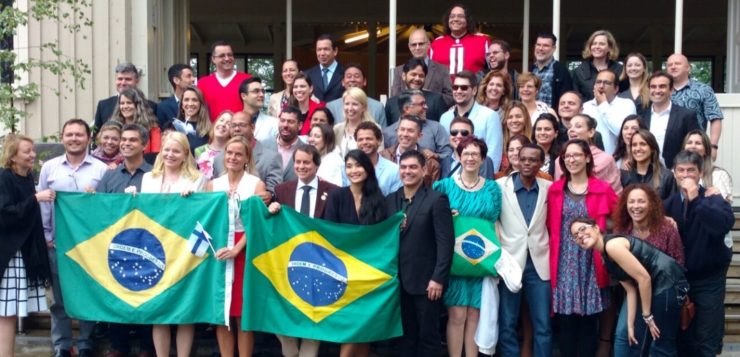


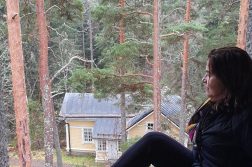
Discussion1 Comment
Good Article